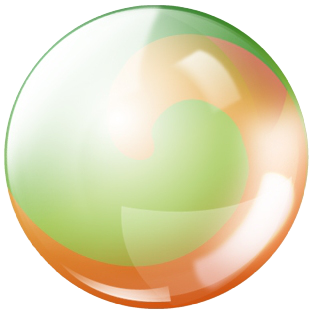 RE-ENERGY off-grid solar system Ballarat
RE-ENERGY off-grid solar system Ballarat 
Hello Ballarat — Let’s Talk About Solar Accreditation and What It Really Means
If you’re looking at getting solar in Ballarat or anywhere in regional Victoria, you’ve probably come across a few familiar terms:
“CEC accredited installer”, “CEC approved product”, and maybe even “CEC Approved Retailer.”
They sound impressive — official, even trustworthy. But here’s the truth:
These labels have nothing to do with the quality of the work, the gear, or the service you’ll actually get.
They’re just compliance requirements — like holding a driver’s licence. You need one to be allowed on the road, but it doesn’t mean you’re a good driver. Same goes for solar.
⚠️ Who Handles Accreditation?
Up until early 2024, the Clean Energy Council (CEC) was responsible for accrediting solar installers in Australia. That changed in February 2024, when the process was handed over to Solar Accreditation Australia (SAA).
So, if someone still says they’re “CEC accredited,” it’s most likely just out-of-date wording. The new legal authority for accreditation is SAA.
✅ What Installer Accreditation Actually Means
To install solar and offer STC rebates (the government’s solar credit scheme), the installer must:
- Be accredited through SAA
- Follow current Australian standards
- Keep up to date with training and compliance
This is required by law — in Ballarat, Melbourne, Mildura, everywhere. No accreditation = no legal install and no rebates.
❌ What Installer Accreditation Doesn’t Mean
Having accreditation does not mean:
- The installer is experienced
- The system will be designed well
- The company does high-quality work
- The business is even accredited at all (it applies to individuals only)
It’s just permission to operate — not a sign of excellence.
🔌 What “CEC Approved Product” Means
The CEC still manages the list of solar products eligible for STC rebates. This includes:
- Panels
- Inverters
- Batteries
To get on that list, manufacturers must show that their products meet the relevant Australian safety and compliance standards. If they pass, they can be used in rebate-eligible systems.
❌ What “CEC Approved Product” Doesn’t Mean
It doesn’t mean:
- The product is high performance
- It’s long-lasting or reliable
- The warranty is well supported
- It’s suitable for your climate or property (like Ballarat winters or off-grid setups)
Approval just confirms it meets the minimum standards for rebates. It’s not a quality rating.
🏷️ What About “CEC Approved Retailers” or “NET Approved Sellers”?
This one causes even more confusion. In Victoria, if a business wants to offer customers the Solar Victoria rebate, it must be a NET Approved Seller — previously known as a CEC Approved Retailer.
It’s not a special honour. It’s a mandatory box to tick to access the rebate program. That’s it.
It doesn’t say anything about how good the company is. It just means they’ve signed a code of conduct and paid the required fees to stay listed.
📌 Quick Recap
Installer Accreditation (SAA)
✔ Means: They’re legally allowed to install solar and access STCs
✘ Doesn’t mean: They’re skilled or experienced
CEC Approved Product
✔ Means: The product meets the rebate eligibility standard
✘ Doesn’t mean: It’s reliable or high quality
CEC Approved Retailer / NET Approved Seller
✔ Means: They’re allowed to offer the VIC Solar Rebate
✘ Doesn’t mean: The company is better than others who aren’t in the rebate scheme
📚 Useful Links
- Solar Accreditation Australia: https://www.solaraccreditation.com.au/
- CEC Approved Products: https://www.cleanenergycouncil.org.au/industry/products
- Solar Victoria Retailer Requirements: https://www.solar.vic.gov.au/become-approved-provider


